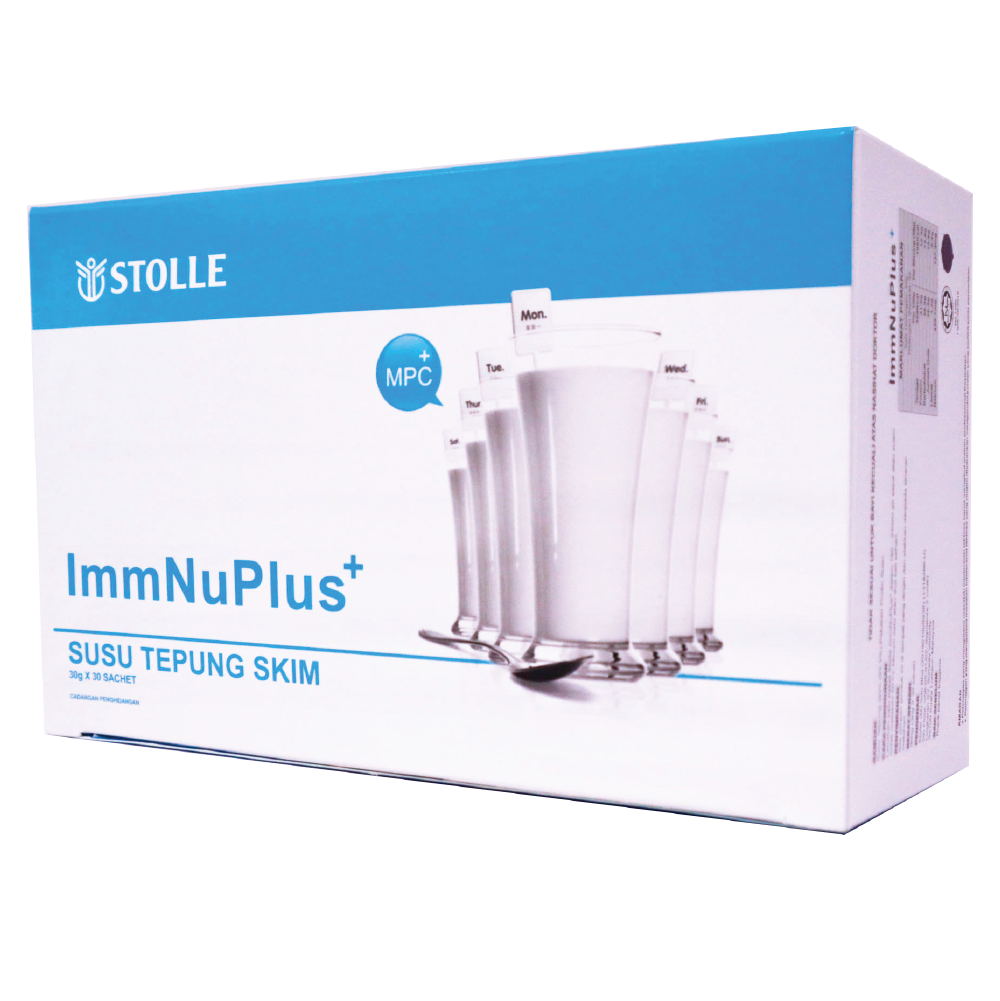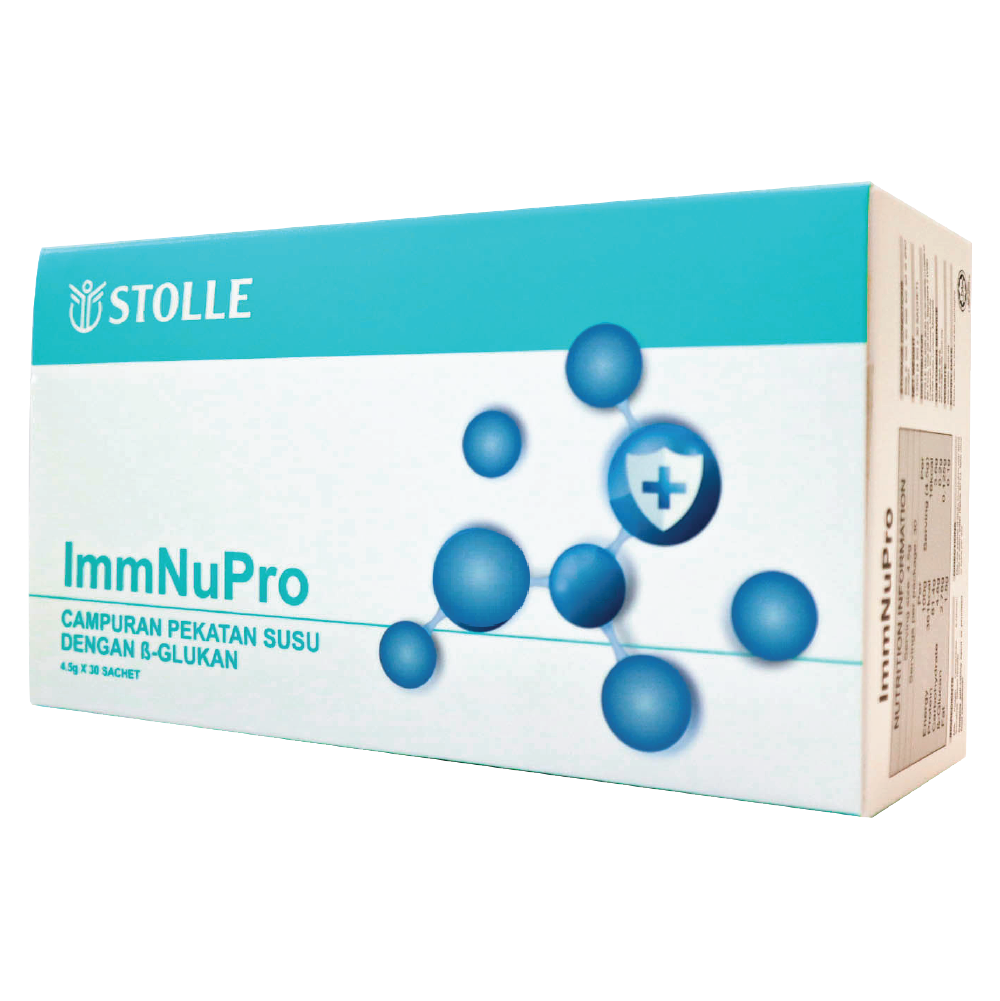Don't let your guard down! Beware of Dengue too
Both COVID-19 and dengue has been a double health threat in Malaysia. While staying at home during the pandemic, beware of the mosquitoes too. With the arrival of rainy season, the Ministry of Health has predicted a second wave of dengue fever in the 2nd half of the year and urged Malaysians to not let their guard down in preventing dengue despite the pandemic.
Dengue fever is a mosquito-borne disease caused by the dengue virus, which is primarily transmitted by female mosquitoes of the Aedes type. Dengue is a common tropical disease worldwide and has been affecting the lives of many in Malaysia throughout the years.
The incubation period of dengue usually ranges from 4-7 days. Symptoms of dengue include high fever, headache, muscle and joint pain, eye pain, nausea, vomiting, loss of appetite and rash. People infected with dengue virus usually recover within 2-7 days.
However, it is a concern that people who have previously been infected with dengue have a greater risk of having severe dengue disease if they were infected again. Dengue virus has four serotypes, meaning one who recovered from initial dengue infection (and is believed to have lifelong immunity to it) will still have the chance of getting infected by the other three serotypes and has a higher risk of developing severe dengue fever on subsequent infections, which can damage the lungs, liver or heart and can be deadly.
Currently, there is no specific treatment for dengue and the symptoms usually resolve on its own. Preventive measures such as avoid mosquito bites, clear stagnant water on items such as containers, jars or pots regularly, avoid going to high risk areas, use of insecticides and maintaining a balanced immune system are crucial to avoid getting infected by dengue virus.
A balanced immune system is the key to prevent infection and faster recovery. The best ways to maintain a healthy, balanced immune system include having a well-balanced diet, ensure adequate sleep, exercise regularly and relax.
References:
Oriental Daily News
Sin Chew Daily














